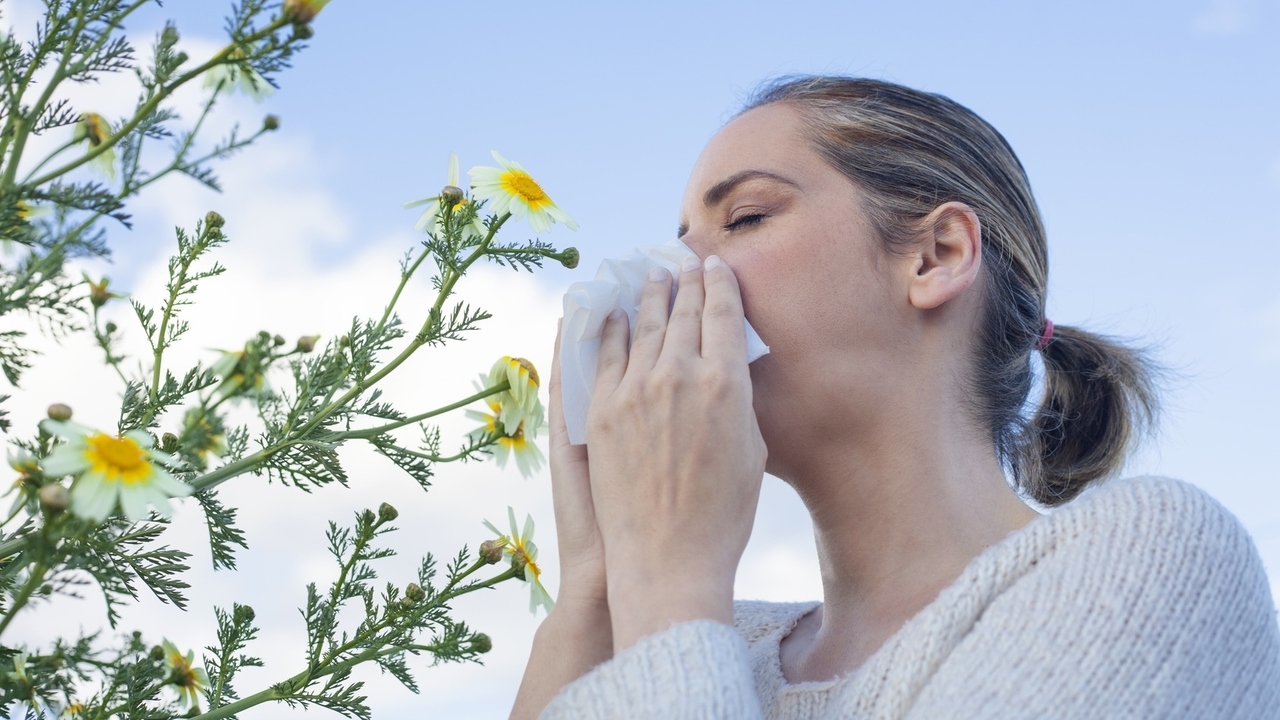 juan_aunion/Fotolia
juan_aunion/Fotolia
If you have sinus allergies, you probably dread the runny nose and itchy eyes and can’t wait for allergy season to be done. But when exactly is allergy season?
Maybe a better question would be what time of year is your allergy season?
Although many people experience their worst allergy symptoms in the spring, the reality for some is that there is no allergy “season.” Depending on what you are allergic to, allergies from plant pollens can last all year long.
Pollen is the way plants reproduce. Some plants release large quantities of pollen at certain times of year. Other plants pollinate year-round.
An allergic reaction is caused by an overreaction by the body’s immune system. The purpose of the immune system is to recognize and fight off foreign organisms like bacteria or viruses that can make you sick.
To do this, the body determines that something is harmful and creates an antibody that is keyed specifically to that harmful substance.
The next time that substance attacks, the immune system has antibodies ready to fight it off, which keeps you from getting sick or reduces the time or severity of the illness.
An allergic reaction happens when the body mistakes a relatively harmless substance, called a trigger, for something harmful. Some common examples of allergy triggers include plant pollens and bee stings.
The first time the body encounters a new trigger, the immune system jumps into action by creating antibodies to fight off the invader. The side effects of these antibodies are the symptoms we associate with allergies, including itchy eyes, a runny nose, trouble breathing or a rash.
Allergies to plant pollens may seem to go away during certain seasons of year. But when the time comes for that kind of plant to produce pollen, the allergy symptoms come right back.
Your personal allergy season will depend on where you live and what plant pollens you are allergic to.
In general, trees release the most pollen in the spring. Grass pollens are more common in the warmer weather of summer. Weed pollens tend to be most common in the fall.
Unfortunately, many people are allergic to multiple pollens. This may mean spreading allergy “season” across many months, or even the whole year.
Regardless of which pollens are your triggers, there are things you can do to reduce your allergic reactions. If you know what you are allergic to, or what time of year you have the most symptoms, be proactive to head off the start of allergy symptoms.
Try these tips to limit your contact with pollens:
Close the doors and windows
Pollen levels are higher outside than indoors. Keep pollens out of your house and car by keeping the windows and doors closed.
Avoid peak times of day
If possible, stay indoors during the middle of the day and afternoon when pollen counts are highest. Plan your day so outdoor activities take place in the morning or later in the day.
Wash up
After spending time outdoors, take a shower, wash your hair and change your clothes to reduce your exposure to pollen.
Cover up
Wear a filter mask when doing outdoor chores that are likely to stir up more pollens, like raking leaves or mowing the lawn.
Stay out of the wind
You may notice that your allergies are worse on windy days. Blowing wind stirs up the air which may mean more exposure to pollens. Try to stay indoors on blustery days.
You can also track the actual levels of pollens in your area online. Pollen.com features allergy forecasts by zip code that can help you plan ways to avoid your allergy triggers.
Over-the-counter or prescription medications can also help control allergy symptoms. Talk to your health care provider to find out which medications are appropriate for your health and are most likely to help manage your symptoms.
Reviewed May 13, 2016
by Michele Blacksberg RN
Edited by Jody Smith
Allergic Reaction – Topic Overview. WebMD. Web. May 11, 2016.
http://www.webmd.com/allergies/tc/allergic-reaction-topic-overview
Variety of Pollens throughout Allergy Seasons. Pollen.com. Web. May 11, 2016.
https://www.pollen.com/allergy/pollen-season
Common Seasonal Allergy Triggers. American College of Allergy, Asthma & Immunology. Web. May 11, 2016.
http://acaai.org/allergies/types/seasonal





Add a CommentComments
There are no comments yet. Be the first one and get the conversation started!